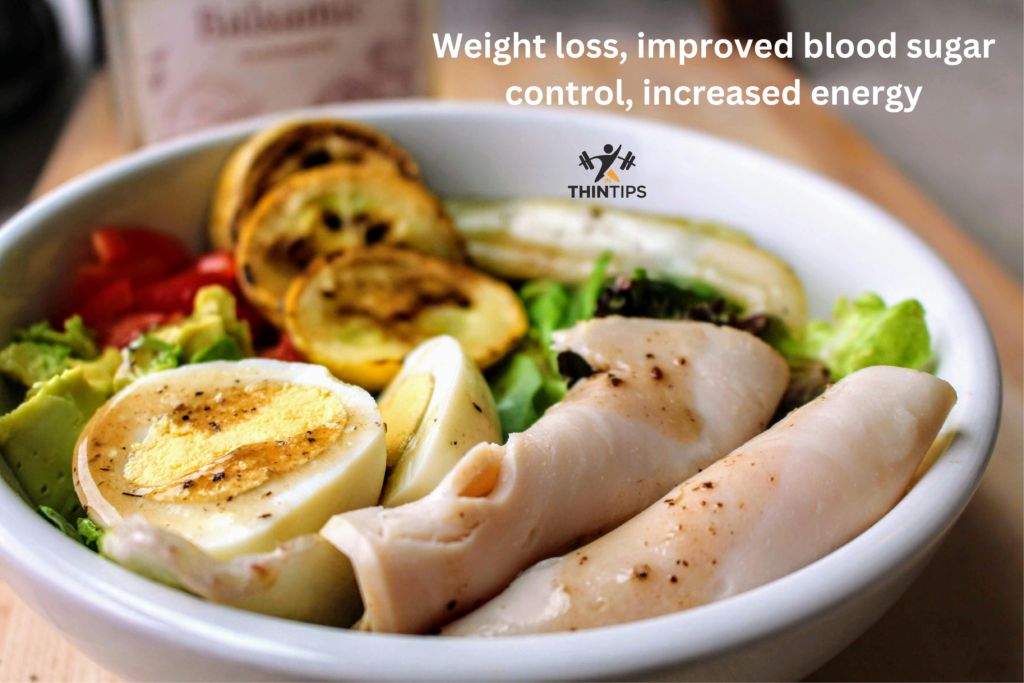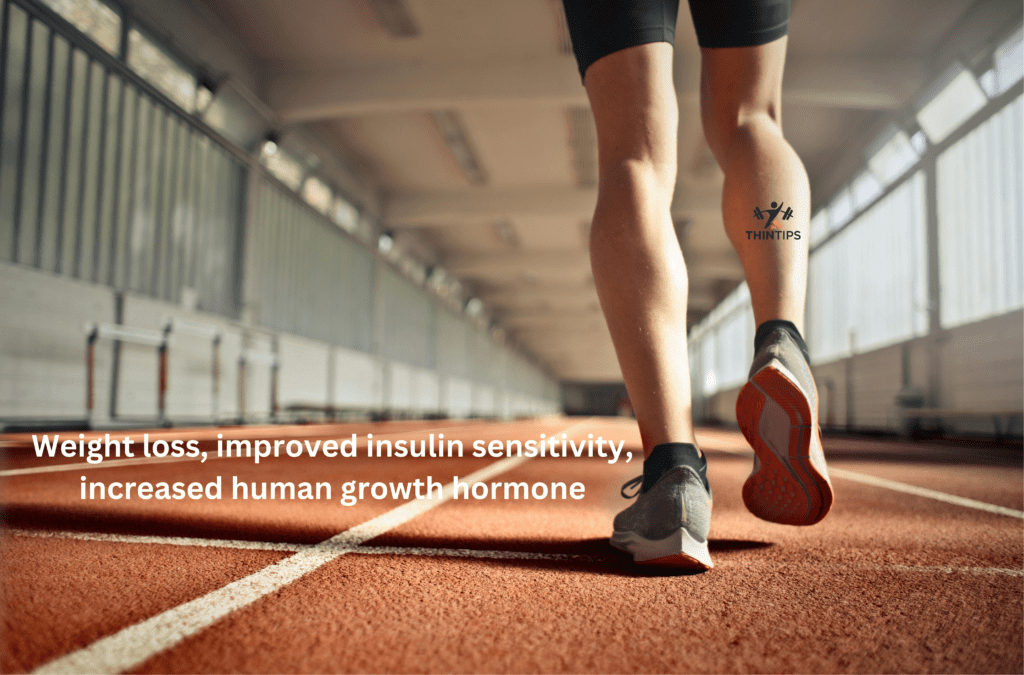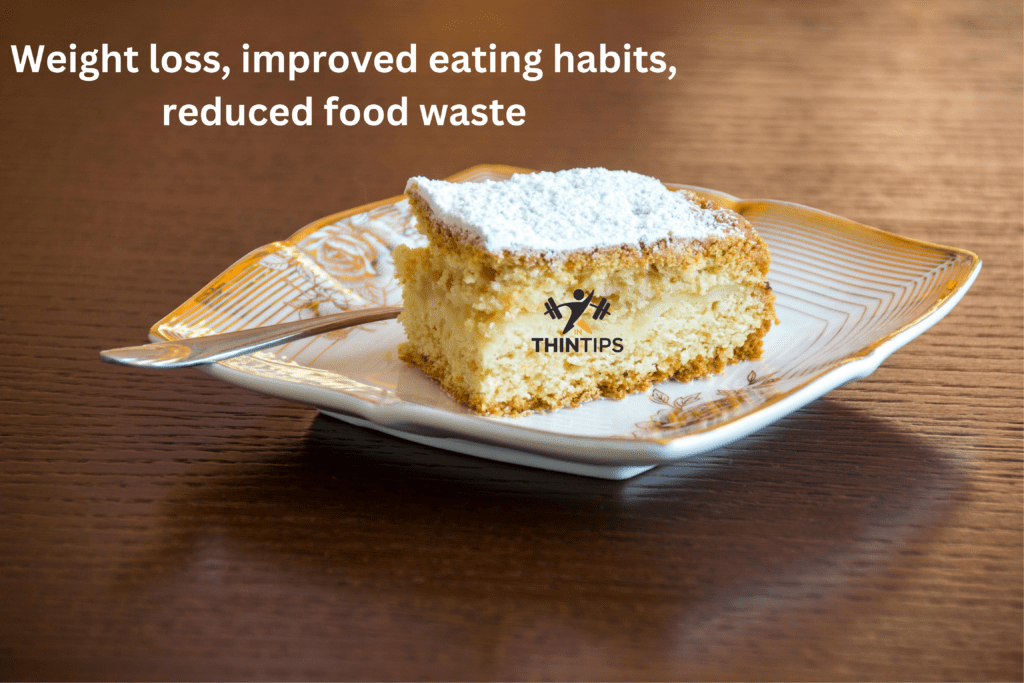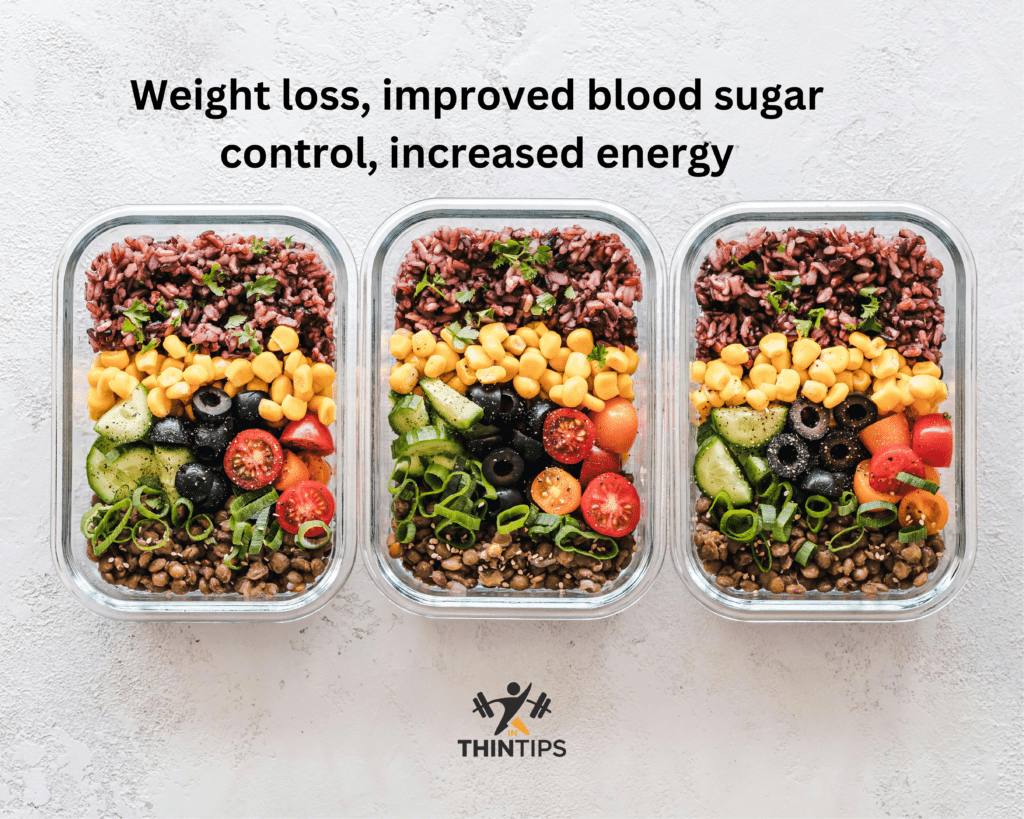Are you tired of trying fad diets that promise quick results but fail to deliver? Look no further! Here are the top 5 fast weight loss diets that work, along with expert tips and tricks to help you achieve your weight loss goals.
Top 5 Fast Weight Loss Diets:
- Keto Diet: Lose up to 10 pounds in 2 weeks with this high-fat, low-carb diet.
- Intermittent Fasting: Boost metabolism and burn fat with this flexible fasting plan.
- Portion Control Diet: Eat what you want, but control your portions for sustainable weight loss.
- Vegetarian Diet: lose weight and improve overall health with this plant-based diet.
- Low-Carb Diet: Reduce carb intake and boost weight loss with this effective diet.
1. Keto Diet
Benefits: Weight loss, improved blood sugar control, increased energy
Food List: High-fat foods (meat, fish, eggs, oils), low-carb vegetables (leafy greens, broccoli), cheese, nuts
Tips: Start with a 7-day keto meal plan; monitor ketone levels

2. Intermittent Fasting
Benefits: Weight loss, improved insulin sensitivity, increased human growth hormone
Methods: 16:8, 5:2, alternate-day fasting
Tips: Start with 12-hour fasting window; gradually increase duration

3. Portion Control Diet
Benefits: Weight loss, improved eating habits, reduced food waste
Tips: Use measuring cups, eat slowly, and avoid distractions while eating

4. Vegetarian Diet
Benefits: Weight loss, improved heart health, increased fiber intake
Food List: Plant-based foods (fruits, vegetables, whole grains, legumes)
Tips: Incorporate protein-rich foods (tofu, tempeh, and seitan)

5. Low-Carb Diet
Benefits: Weight loss, improved blood sugar control, increased energy
Food List: Low-carb vegetables, lean proteins (meat, fish, eggs), healthy fats
Tips: Limit carb intake to 50 grams per day

Benefits of Fast Weight Loss Diets:
- Improved mental clarity
- Increased energy
- Enhanced weight loss
- Better overall health
1. Improved Mental Clarity
Benefit: Enhanced focus, reduced brain fog
Tip: Stay hydrated and exercise regularly
2. Increased Energy
Benefit: Improved physical performance, reduced fatigue
Tip: Incorporate protein-rich foods and get enough sleep
3. Enhanced Weight Loss
Benefit: Rapid weight loss, improved body composition
Tip: Combine diet with regular exercise
4. Better Overall Health
Benefit: Improved blood sugar control, reduced inflammation
Tip: Incorporate nutrient-dense foods
Tips for Successful Weight Loss:
- Stay hydrated
- Exercise regularly
- Eat nutrient-dense foods
- Get enough sleep
1. Stay Hydrated
Benefit: Improved digestion, reduced hunger
Tip: Drink 8-10 cups of water per day
2. Exercise Regularly
Benefit: Improved physical performance, increased energy
Tip: Incorporate cardio and strength training exercises
3. Eat Nutrient-Dense Foods
Benefit: Improved overall health, reduced inflammation
Tip: Incorporate fruits, vegetables, whole grains
4. Get Enough Sleep
Benefit: Improved mental clarity, reduced fatigue
Tip: Aim for 7-9 hours of sleep per night
Also Read: Natural Weight Loss Remedies: Lose Weight Without Harmful Chemicals
10 Additional Points of Fast Weight Loss Diets
- Importance of Hydration: Drinking plenty of water is essential for weight loss, as it helps suppress appetite and boost metabolism.
- Role of Fiber: High-fiber foods like fruits, vegetables, and whole grains help keep you full and support weight loss.
- Benefits of Protein: Protein-rich foods like lean meats, fish, eggs, and tofu help build muscle and boost metabolism.
- Low-Carb Vegetables: Incorporating low-carb vegetables like leafy greens, broccoli, and bell peppers into your diet can support weight loss.
- Healthy Fats: Consuming healthy fats like avocado, nuts, and olive oil supports weight loss and overall health.
- Mindful Eating: Practicing mindful eating by slowing down and savoring food can help reduce overeating.
- Stress Management: Managing stress through techniques like meditation and yoga can help reduce emotional eating.
- Getting Enough Sleep: Aim for 7-9 hours of sleep per night to support weight loss and overall health.
- Incorporating Physical Activity: Regular exercise, including cardio and strength training, supports weight loss and overall health.
- Sustainable Lifestyle Changes: Focus on making sustainable lifestyle changes rather than following fad diets for long-term weight loss success.
Additionally, here are some more specific diet-related points:
- Keto Diet Variations: Trying different keto diet variations, such as cyclical keto or targeted keto, can help tailor the diet to individual needs.
- Intermittent Fasting Schedules: Experimenting with different intermittent fasting schedules, such as 16:8 or 5:2, can help find what works best.
- Vegetarian Diet Options: Incorporating plant-based protein sources like tofu, tempeh, and seitan into a vegetarian diet supports weight loss.
- Low-Carb Diet Phases: Following a low-carb diet in phases, such as induction and maintenance, can help support weight loss.
- Portion Control Strategies: Using measuring cups or a food scale to track portion sizes supports weight loss.
Common Mistakes to Avoid:
- Crash dieting
- Skipping meals
- Overexercising
- Ignoring portion sizes
Conclusion:
Fast weight loss diets can be effective, but it’s essential to choose a sustainable plan that suits your lifestyle. Consult with a healthcare professional before starting any new diet.
Get personalized plans, nutrition counseling, and fitness guidance from our health professionals. Achieve sustainable weight loss and improve overall health. Contact us: info@thintips.in.
FAQs:
1. What is the best fast weight loss diet?
The best fast weight loss diet is the keto diet, which involves reducing carb intake and increasing fat consumption. This diet promotes weight loss, improves blood sugar control, and boosts energy. Consult a healthcare professional before starting. Ensure proper hydration and regular exercise. Aim for 1-2 pounds of weight loss per week. Combine the keto diet with intermittent fasting for enhanced results.
2. How does intermittent fasting aid in weight loss?
Intermittent fasting aids in weight loss by reducing overall calorie intake, improving insulin sensitivity, and boosting metabolism. Choose from 16:8, 5:2, or alternate-day fasting methods. Consult a healthcare professional before starting. Stay hydrated and listen to your body. Combine intermittent fasting with a balanced diet.
3. What are the benefits of a low-carb diet?
A low-carb diet promotes weight loss, improves blood sugar control, and increases energy. Reduce carb intake to 50 grams per day. Focus on whole foods, lean proteins, and healthy fats. Consult a healthcare professional before starting. Combine a low-carb diet with regular exercise.
4. How can I lose weight quickly and safely?
To lose weight quickly and safely, focus on sustainable lifestyle changes. Combine a balanced diet with regular exercise and proper hydration. Aim for 1-2 pounds of weight loss per week. Consult a healthcare professional before starting any weight loss program.
5. What are the best foods for weight loss?
The best foods for weight loss include leafy greens, broccoli, lean proteins, whole grains, and healthy fats. Incorporate these foods into your diet. Consult a healthcare professional or registered dietitian.
6. Can I lose weight without exercise?
While exercise supports weight loss, it’s possible to lose weight without exercise. Focus on a balanced diet and proper hydration. Consult a healthcare professional before starting any weight loss program.
7. How long does it take to see weight loss results?
Weight loss results vary depending on individual factors. Aim for 1-2 pounds of weight loss per week. Consult a healthcare professional before starting any weight loss program.
8. What are the risks of fast weight-loss diets?
Fast weight loss diets can lead to nutrient deficiencies, decreased metabolism, and other health issues. Consult a healthcare professional before starting any weight loss program.
9. Can I maintain weight loss long-term?
Maintaining weight loss long-term requires sustainable lifestyle changes. Focus on a balanced diet, regular exercise, and proper hydration.
10. What is the role of portion control in weight loss?
Portion control supports weight loss by reducing overall calorie intake. Use measuring cups or a food scale. Consult a healthcare professional or registered dietitian.
